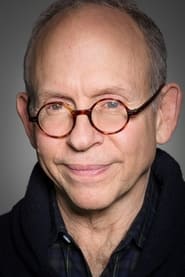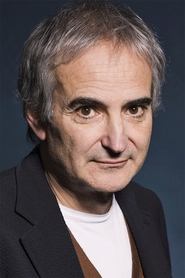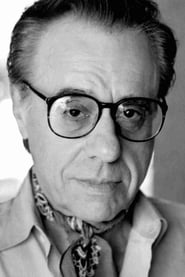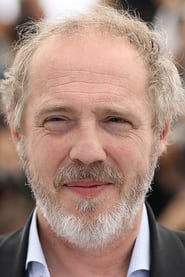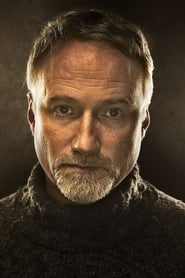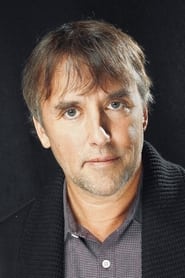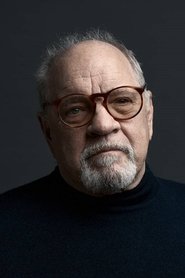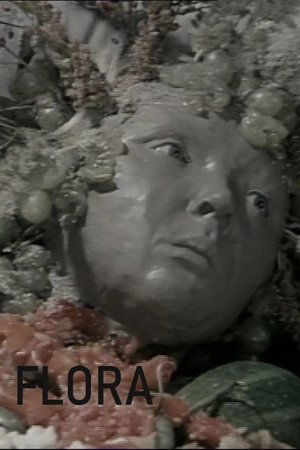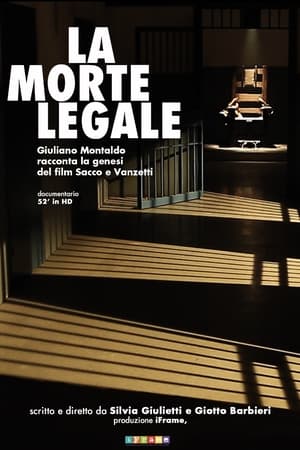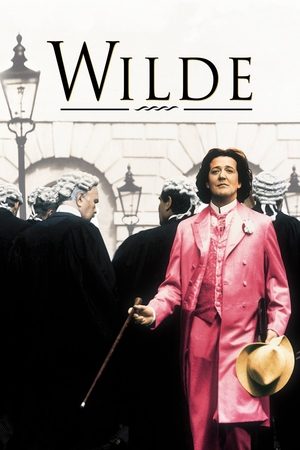

Hitchcock/Truffaut(2015)
The greatest story Hitchcock ever told
Filmmakers discuss the legacy of Alfred Hitchcock and the book “Hitchcock/Truffaut” (“Le cinéma selon Hitchcock”), written by François Truffaut and published in 1966.



Movie: Hitchcock/Truffaut
Recommendations Movies
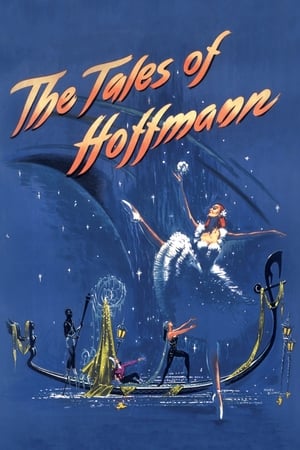 7.1
7.1The Tales of Hoffmann(en)
A young poet named Hoffman broods over his failed romances. First, his affair with the beautiful Olympia is shattered when he realizes that she is really a mechanical woman designed by a scientist. Next, he believes that a striking prostitute loves him, only to find out she was hired to fake her affections by the dastardly Dapertutto. Lastly, a magic spell claims the life of his final lover.
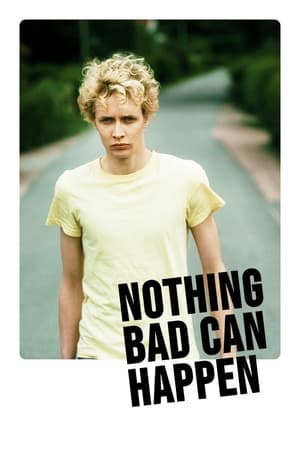 7.1
7.1Nothing Bad Can Happen(de)
Tore, a young lost soul involved with an underground Christian punk movement, falls in with a dysfunctional family who test his seemingly unwavering faith.
 6.7
6.7Chop Shop(en)
Alejandro, a tough and ambitious Latino street orphan on the verge of adolescence, lives and works in an auto-body repair shop in a sprawling junkyard on the outskirts of Queens, New York. In this chaotic world of adults, young Alejandro struggles to make a better life for himself and his 16-year-old sister, Isamar.
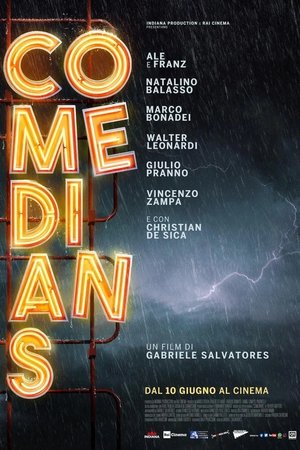 5.3
5.3Comedians(it)
Six aspiring comedians tired of the mediocrity of their lives, at the end of an evening stand-up course they prepare to face their first performance in a club. In the audience there is also an examiner, who will choose one of them for a TV show. For everyone this is the great opportunity to change their life, for some it could be the last one. The performances begin and each comedian takes the stage with a great dilemma: to respect the teachings of their master, devoted to intelligent and uncompromising comedy, or to twist their numbers to satisfy the much less refined taste of the examiner? Or maybe look for a third way, one of absolute originality? Through the stories of six comedians, Comedians is a reflection on the very meaning of comedy in our time, facing absolutely topical issues.
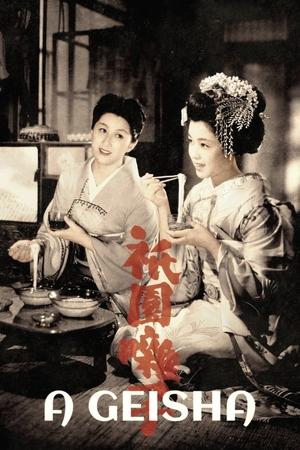 7.5
7.5A Geisha(ja)
Fleeing a distressing family situation, Eiko, a very young girl, becomes an apprentice to Miyoharu, a veteran geisha. Both, determined to preserve their professional integrity, must face the selfishness and ambition of several petty people.
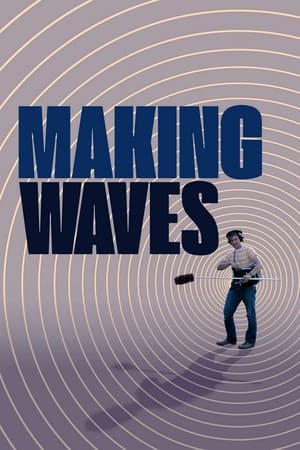 6.8
6.8Making Waves: The Art of Cinematic Sound(en)
The history of cinematic sound, told by legendary sound designers and visionary filmmakers.
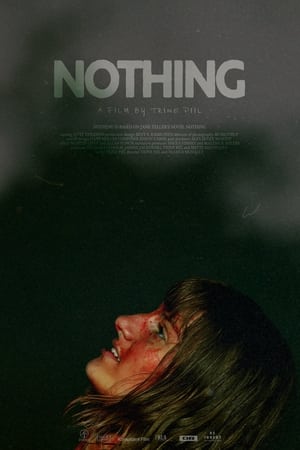 5.4
5.4Nothing(da)
Pierre Anthon and his classmates have just started 8th grade, when Pierre Anthon declares that life has no meaning, leaves school and moves up in a tree, refusing to come down. This sparks an existential crisis amongst his classmates. They decide to gather their most valuable belongings in a “heap of meaning” that will convince Pierre Anthon that he is wrong. A dangerous, disturbing, and controversial study of what really matters has begun.
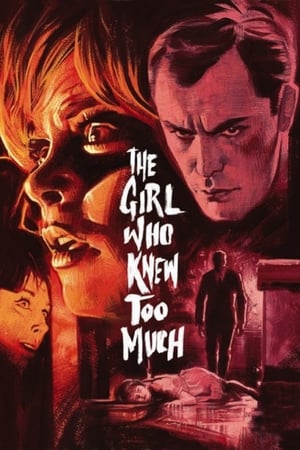 7.0
7.0The Girl Who Knew Too Much(it)
A tourist witnesses a murder and finds herself caught up in a series of bloody killings.
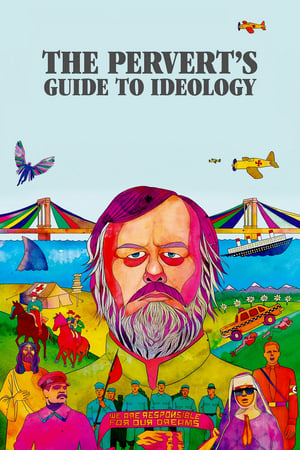 7.3
7.3The Pervert's Guide to Ideology(en)
A journey into the labyrinthine heart of ideology, which shapes and justifies both collective and personal beliefs and practices: with an infectious zeal and voracious appetite for popular culture, Slovenian philosopher and psychoanalyst Slavoj Žižek analyzes several of the most important films in the history of cinema to explain how cinematic narrative helps to reinforce prevailing ethics and political ideas.
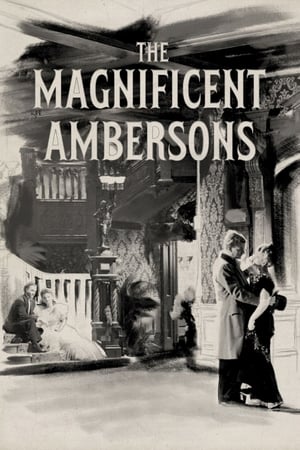 7.3
7.3The Magnificent Ambersons(en)
The spoiled young heir to the decaying Amberson fortune comes between his widowed mother and the man she has always loved.
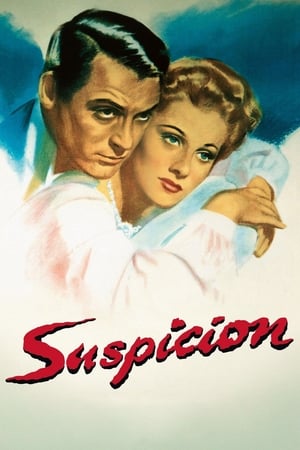 7.1
7.1Suspicion(en)
A wealthy and sheltered young woman elopes with a charming playboy and soon learns of his bad traits, including his extreme dishonesty and lust for money. Gradually, she begins to suspect that he intends to kill her to collect her life insurance.
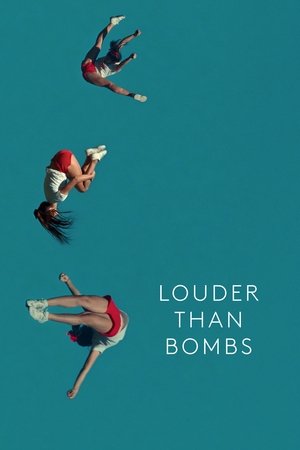 6.5
6.5Louder Than Bombs(en)
Three years after his wife, acclaimed photographer Isabelle Reed, dies in a car crash, Gene keeps everyday life going with his shy teenage son, Conrad. A planned exhibition of Isabelle’s photographs prompts Gene's older son, Jonah, to return to the house he grew up in - and for the first time in a very long time, the father and the two brothers are living under the same roof.
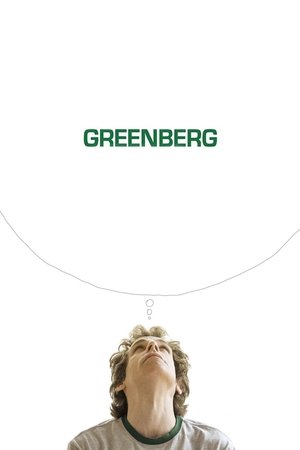 5.9
5.9Greenberg(en)
A New Yorker moves to Los Angeles in order to figure out his life while he housesits for his brother, and he soon sparks with his brother's assistant.
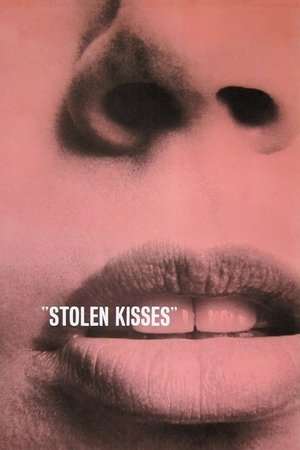 7.3
7.3Stolen Kisses(fr)
The third in a series of films featuring François Truffaut's alter-ego, Antoine Doinel, the story resumes with Antoine being discharged from military service. His sweetheart Christine's father lands Antoine a job as a security guard, which he promptly loses. Stumbling into a position assisting a private detective, Antoine falls for his employers' seductive wife, Fabienne, and finds that he must choose between the older woman and Christine.
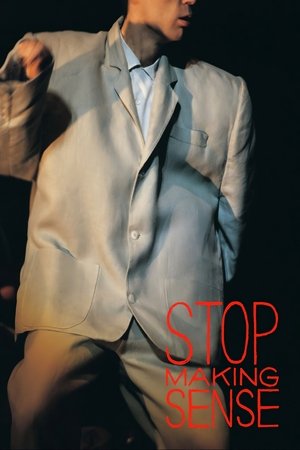 8.3
8.3Stop Making Sense(en)
A concert film documenting Talking Heads at the height of their popularity, on tour for their 1983 album "Speaking in Tongues." The band takes the stage one by one and is joined by a cadre of guest musicians for a career-spanning and cinematic performance that features creative choreography and visuals.
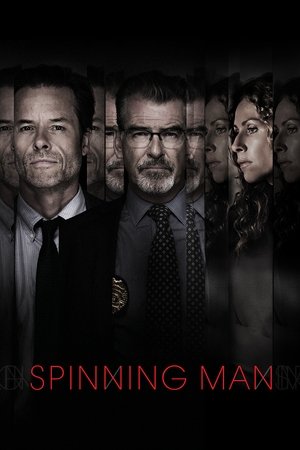 5.6
5.6Spinning Man(en)
Evan Birch is a family man and esteemed professor at a distinguished university. When a female student goes missing, police Detective Malloy has reason to be suspicious when crucial evidence makes Evan the prime suspect in her disappearance.
Similar Movies
 7.1
7.1The Arrival of a Train at La Ciotat(fr)
A group of people are standing along the platform of a railway station in La Ciotat, waiting for a train. One is seen coming, at some distance, and eventually stops at the platform. Doors of the railway-cars open and attendants help passengers off and on. Popular legend has it that, when this film was shown, the first-night audience fled the café in terror, fearing being run over by the "approaching" train. This legend has since been identified as promotional embellishment, though there is evidence to suggest that people were astounded at the capabilities of the Lumières' cinématographe.
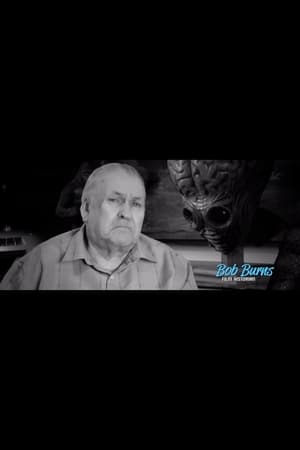 7.0
7.0Auteur on the Campus: Jack Arnold at Universal!(en)
A documentary about the career of director Jack Arnold at Universal-International Studios. (An early version of this film, only 20 minutes in length, was screened in 2012.)
 6.7
6.7Caligari: When Horror Came to Cinema(de)
On February 26, 1920, Robert Wiene's world-famous film The Cabinet of Dr. Caligari premiered at the Marmorhaus in Berlin. To this day, it is considered a manifesto of German expressionism; a legend of cinema and a key work to understand the nature of the Weimar Republic and the constant political turmoil in which a divided society lived after the end of the First World War.
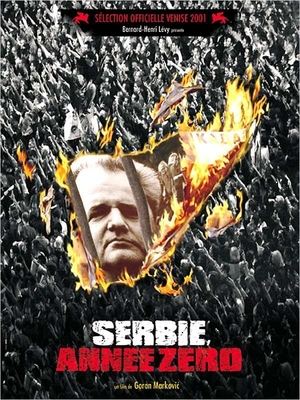 3.5
3.5Serbia, Year Zero(fr)
Documentary that follows events after the fall of Slobodan Milosevic, while looking back on the previous fifteen years, tracing his rise to power. Personal testimony alternates with analysis of a disintegrating society.
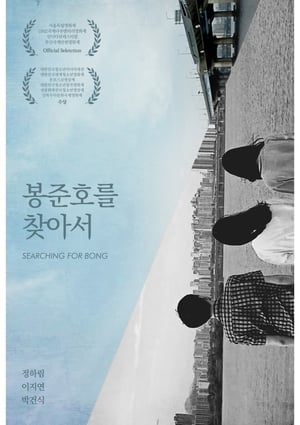 7.0
7.0Searching for Bong(ko)
Unlike our dream of becoming a great filmmaker, the movie boards that adults talk about are tough. We are looking for our idol, Bong Joon-ho...
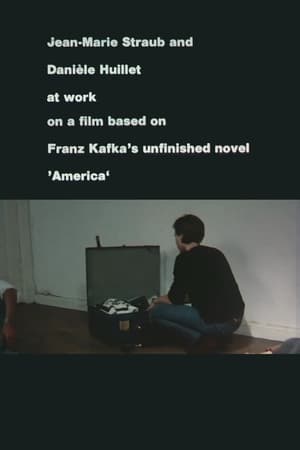 6.1
6.1Jean-Marie Straub and Danièle Huillet at Work on a Film Based on Franz Kafka’s Amerika(de)
This film is at once a self-portrait and an homage to Jean-Marie Straub, Farocki's role model and former teacher at the Film Academy.
 3.2
3.2Großes Kino made in DDR(de)
In 2016, DEFA celebrates its 70th anniversary: the film embarks on a journey into the exciting film history of the GDR. In a comprehensive kaleidoscope, the importance of DEFA productions is illuminated, the relevance of the films as propaganda productions for the GDR, which socio-political themes were in the foreground, but also which heroes DEFA brought to the screen and celebrated as people from the people.
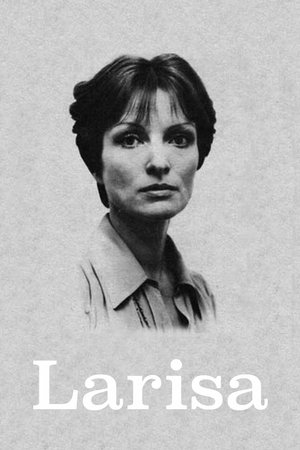 5.9
5.9Larisa(ru)
Elem Klimov's documentary ode to his wife, director Larisa Shepitko, who was killed in an auto wreck.
 0.0
0.0Remembering Ragtime(en)
Memories from the making of the classic Milos Forman film "Ragtime".
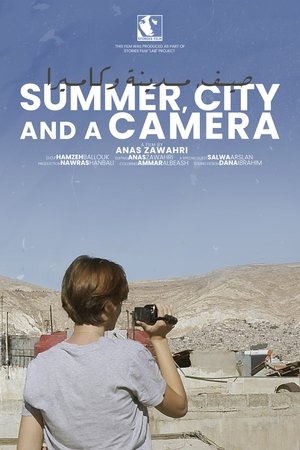 0.0
0.0Summer, City and a Camera(ar)
Summer 2021, in Damascus city, some young emerging directors roamed the city's streets to follow their dreams and shoot their first movies with the simplest available tools. so, the city would open her arms and hug them day and night with her streets and neighborhoods.
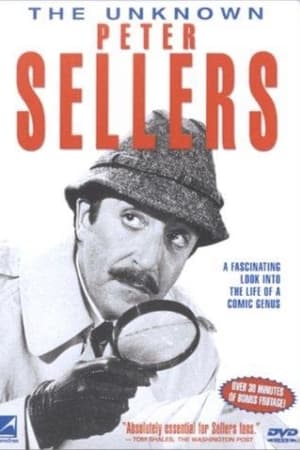 8.0
8.0The Unknown Peter Sellers(en)
Documentary about the life and career of a comic genius, Peter Sellers.
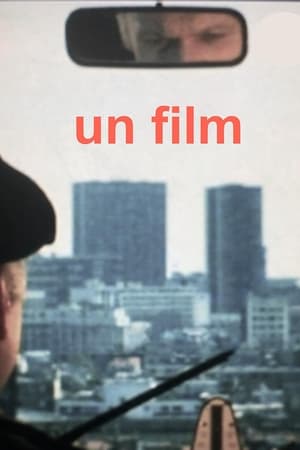 7.0
7.0Un film (autoportrait)(fr)
The shooting diary of a film shot in France and in the United States. Using photos of Paris and of New York City, excerpts of his former films, statements by friends of his and shooting sequences of the film itself, tormented filmmaker Marcel Hanoun has made a heterogeneous and unclassifiable film about the difficulty of filming.
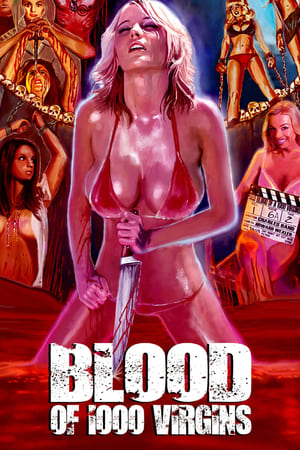 5.8
5.8Blood of 1000 Virgins(en)
The question of "who hunts virgins" and more will be stripped down and explored in the sexiest trailers hosted by Playboy's Nikki Leigh.
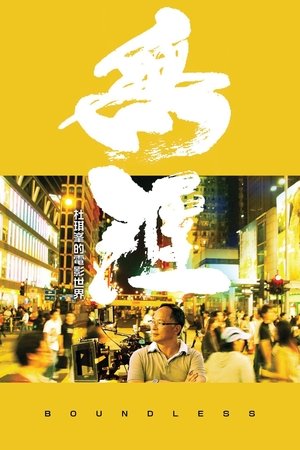 7.5
7.5Boundless(cn)
As Hong Kong's foremost filmmaker, Johnnie To himself becomes the protagonist of this painstaking documentary exploring him and his Boundless world of film. A film student from Beijing and avid Johnnie To fan, Ferris Lin boldly approached To with a proposal to document the master director for his graduation thesis. To agreed immediately and Lin's camera closely followed him for over two years, capturing the man behind the movies and the myths. The result is Boundless, a candid profile of one of Hong Kong's greatest directors and a heartfelt love letter to Hong Kong cinema.
Alex to the Max: The Making of Max Keeble's Big Move(en)
This documentary treats movie fans to a behind-the-scenes look at the making of Max Keeble's Big Move, about a young boy who uses his imminent move to another town as his big chance for revenge on everyone who's tormented him, only to have his plan backfire. Included are interviews with the cast and crew who talk about the experience of making the film, as well as all of the effort that went into it.
 5.8
5.8Room 999(fr)
In 1982, Wim Wenders asked 16 of his fellow directors to speak on the future of cinema, resulting in the film Room 666. Now, 40 years later, in Cannes, director Lubna Playoust asks Wim Wenders himself and a new generation of filmmakers (James Gray, Rebecca Zlotowski, Claire Denis, Olivier Assayas, Nadav Lapid, Asghar Farhadi, Alice Rohrwacher and more) the same question: “is cinema a language about to get lost, an art about to die?”
Comrades in Dreams(de)
Four lives that could not be more different and a single passion that unites them: the unconditional love for their cinemas, somewhere at the end of the world. Comrades in Dreams brings together six cinema makers from North Korea, America, India and Africa and follows their efforts to make their audiences dream every night.
 0.0
0.0Afro Promo(en)
Co-curated by Jenni Olson and the late Black gay activist Karl Knapper, this entertaining showcase of vintage movie trailers traces the evolution of African American cinema through its most crucial period, 1952-1976. Filled with insights on race and social dynamics, this fascinating compendium of coming attractions explores an extensive range of stylistic approaches—Blaxploitation, Comedy, Music Bio, Plantation Drama and more—offering an outrageous joyride through motion picture history. Beyond mere camp, these marvelously condensed gems crystallize a range of African American identities and personalities, tracking the meteoric careers of Sidney Poitier, James Earl Jones, Billy Dee Williams, Richard Pryor, Pam Grier and others through their bold performances in movies both hugely popular and practically forgotten. Afro Promo provides a compact glimpse at the representation of African Americans through twenty-five dynamic years of American cinema history.
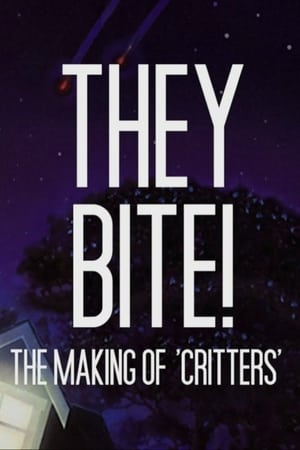 0.0
0.0They Bite!: The Making of Critters(en)
Documentary about the original 1986 film Critters. Features interviews with actors Dee Wallace, Don Opper, Terrence Mann, and Lin Shaye; producer Barry Opper; writer Brian Muir; critter designers and voice actors; and many more.
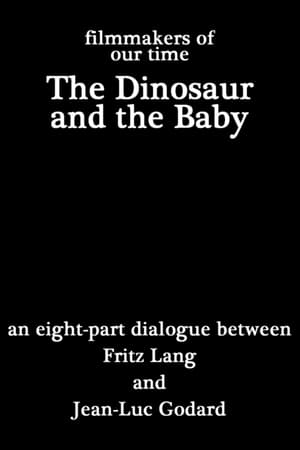 6.0
6.0The Dinosaur and the Baby(fr)
An hour-long discussion between Fritz Lang and Jean-Luc Godard in which they discuss a variety of art forms, the role of the cinema, their collaboration together, and much more. (Filmed in 1964 but released for TV in 1967.)
